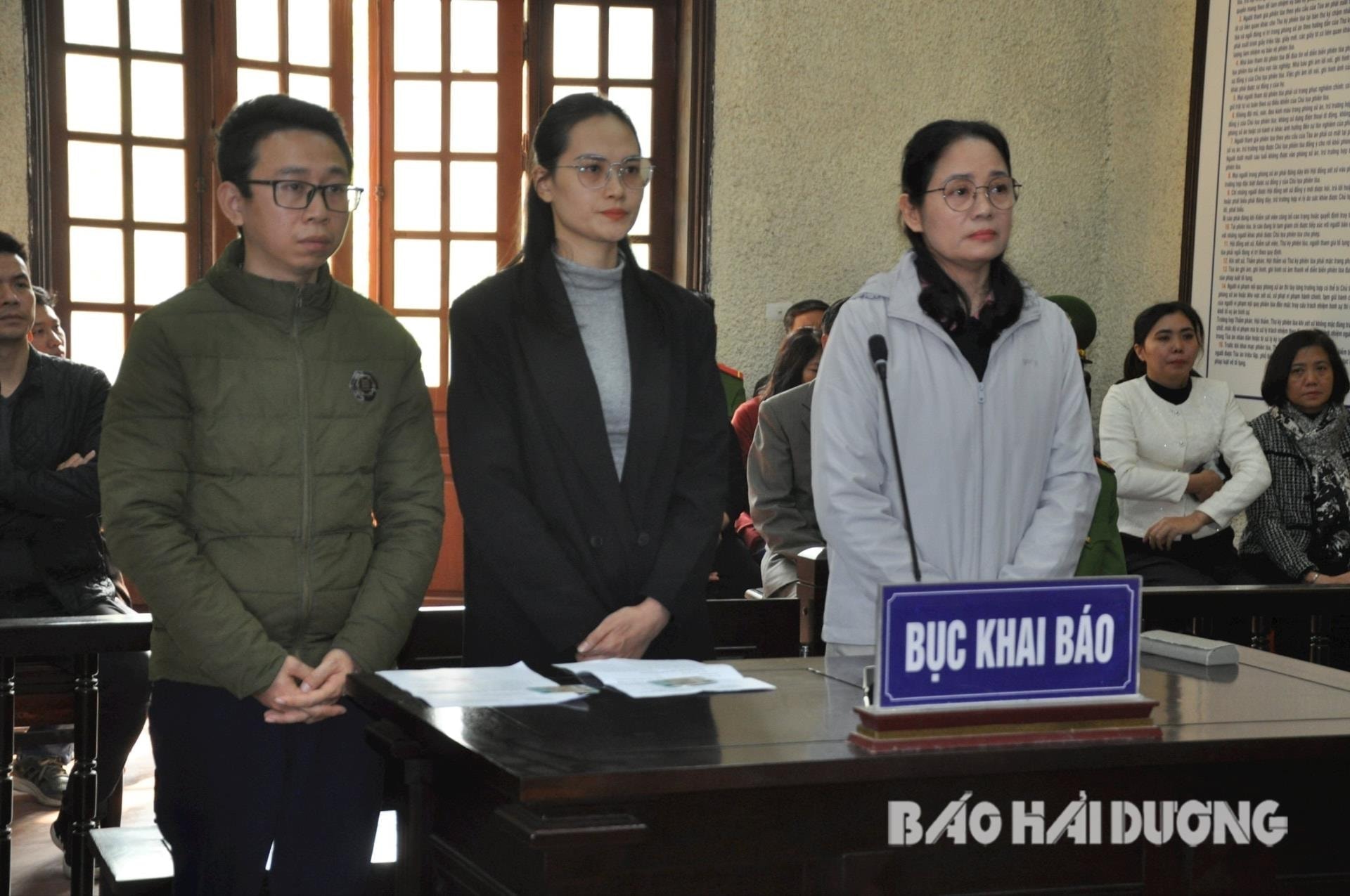From the case of former National Assembly delegate Hoang Thi Hao, who is in trouble with the law, many lessons can be drawn about the responsibility of receiving and sharing information.

The case of former National Assembly delegate Hoang Thi Hao, from a successful businesswoman, representing the voice of voters, to falling into the trap of the "Vietnam Bronze Drum Original Energy" Organization and receiving a prison sentence, is not just a simple legal story. It raises a burning question about the responsibility of each individual and the whole society in the digital information era, where information is surrounded, truth and falsehood are mixed if not taking into account the motive of profit.
The price Ms. Hao paid is a costly testament to the fact that misinformation can destroy a person’s reputation, career, and even life. This case is not only a wake-up call, but also a measure of our ability and the extent to which we carry out our responsibilities in receiving, processing, and disseminating information.
Ms. Hao, once trusted by society, has become a victim and even a tool for spreading false information. This case clearly shows the lack of skills in analyzing and evaluating information in the context of the explosion of digital information. In the hustle and bustle of modern life, many people are easily caught up in chaotic information flows and forget to question and verify. The responsibility does not only belong to individuals in selecting information, but also to the whole society in building a transparent and healthy information environment.
Furthermore, the responsibility of the authorities in promptly preventing and handling acts of exploiting false information for personal gain is also very important. The question is whether we have really fulfilled those responsibilities?
In order to avoid falling victim to information traps like Ms. Hao, we need to build a "compass" of responsibility in the information maze, including:
Responsibility to equip yourself with critical thinking: Critical thinking is not only the ability to think clearly, but also the responsibility of each person to actively question the source, purpose, and authenticity of information. For example, when reading a health news story on social media, instead of rushing to share it, ask yourself: Is this website reputable? Is this information based on scientific research? What is the purpose of the person posting this information?
Responsibility for developing information seeking and evaluation skills: This is an essential responsibility in the digital age. We need to proactively learn how to effectively use search engines (Google Scholar, mainstream news sites), cross-check information from multiple reputable sources (research organizations, scientific reports), and recognize the signs of misinformation (sensational headlines, strong emotional language, inconsistent information, spelling errors). For example, if a piece of information only appears on a website of unknown origin and has many spelling errors, that is a clear warning sign.
Responsibility to be objective and multi-dimensional: Everyone has their own views and perspectives, but it is our responsibility to be open to listening and considering different perspectives to gain a more comprehensive view of the issue. For example, when debating a social issue, try to understand why others have different views than you, instead of just defending your personal views.
Responsibility to be cautious and verify before spreading: This is an important responsibility. Before sharing any information, ask yourself: Is this information accurate? Am I sure of its origin? What are the consequences of spreading this information? For example, if a friend shares a misleading piece of information on social media, it is your responsibility to verify the information before sharing it again, to avoid causing confusion in the community.
Social and State responsibilities: In addition to individual responsibilities, social and State responsibilities also play an important role. Society needs to build a transparent and healthy information environment that encourages critical thinking and information evaluation skills. The State needs to have legal and technical measures to prevent and promptly handle acts of exploiting false information for personal gain, protecting the legitimate rights and interests of the people.
The Hoang Thi Hao case is a valuable lesson about information traps and the responsibility of each person when we eliminate all opportunities if any in the digital age.
From there, we hope that together we will raise awareness and act more responsibly in receiving and disseminating information, contributing to building a civilized and progressive information society.
MINH HAI